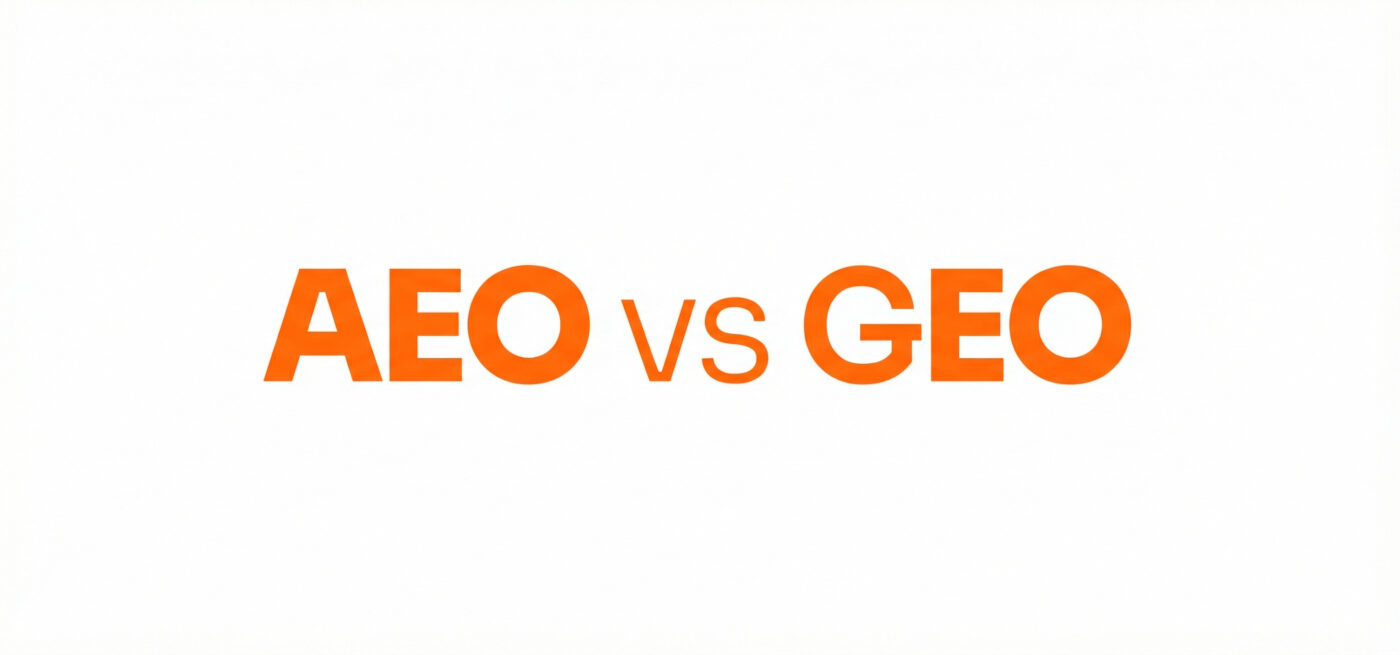Index
-
Introduction
-
Overview of India’s New Data Privacy Rules
-
Key Impacts on MSME Digital Marketing
-
Compliance Best Practices for MSMEs
-
Challenges and Support for MSMEs
-
Conclusion
1. Introduction
In 2025, India’s new data privacy legislation— the Digital Personal Data Protection Act (DPDP Act, 2023) and its accompanying draft rules—are set to significantly affect how MSMEs run digital marketing campaigns. Understanding the impact is essential for compliance and business success.
2. Overview of India’s New Data Privacy Rules
-
DPDP Act, 2023, effective August 11, 2023, introduces strict standards on collecting, processing, storing, and transferring personal data.
-
Draft DPDP Rules, 2025 (open for feedback until Feb 18, 2025) mandate appointment of Data Protection Officers (DPOs), parental consent for children’s data, consent management systems (CMS), and tighter cross-border data transfer regulations.
-
MSMEs may face new audit, notification, and data-retention requirements under the act.
3. Key Impacts on MSME Digital Marketing
-
Consent management overhaul
-
MSMEs must implement clear, affirmative, and revocable consent mechanisms for marketing. Required to integrate with CMS platforms .
-
-
Restricted behavioral targeting
-
No permission for tracking user behaviour or targeting ads without explicit consent—reducing granularity in ad platforms .
-
-
Limitation on children’s data use
-
Data from users under 18 requires verifiable parental consent, forbidding targeted marketing to children.
-
-
Mandatory transparency & DPO contact
-
Websites and emailers must display DPO/ grievance officer’s contact details.
-
-
Tighter cross-border constraints
-
International data transfers need compliance with new government rules, which may affect analytics, CRM, and cloud services.
-
4. Compliance Best Practices for MSMEs
-
Start with a simple CMS tool to manage user opt-ins/opt-outs.
-
Update privacy policies with consent clauses, DPO contact, and retention timelines in local languages.
-
Audit ad tools & analytics to ensure they don’t collect or share data without consent.
-
Adopt cookie banners with granular consent for tracking, and avoid setting cookies without approval.
-
Train teams on opt-in/opt-out handling, parental consent, and data subject requests.
5. Challenges and Support for MSMEs
-
Costs and technical complexity—Implementing CMS and compliance tooling is time-intensive, and India SME Forum warns this may limit growth and targeting options.
-
Regulatory flexibility—The DPDP Act includes provisions for simplified compliance and capacity-building support for MSMEs.
6. Conclusion
India’s new data privacy framework prioritizes user consent, transparency, and accountability—forcing MSMEs to adopt responsible data practices. Though compliance may require investment and process changes, it also builds trust, reduces risk, and enhances brand credibility. Start by implementing consent systems, updating policies, and reviewing marketing tools now to stay ahead.
Outbound Links








